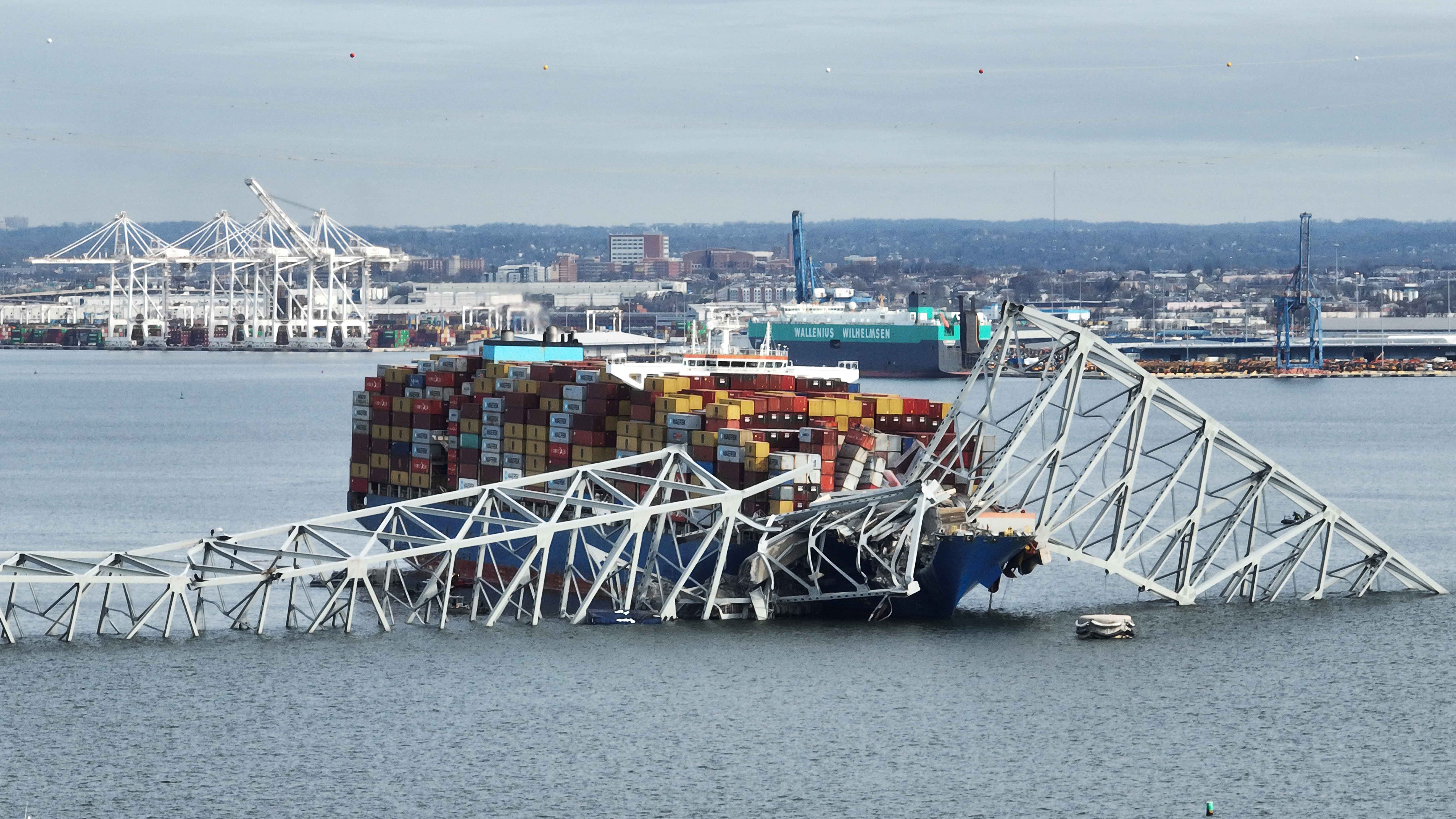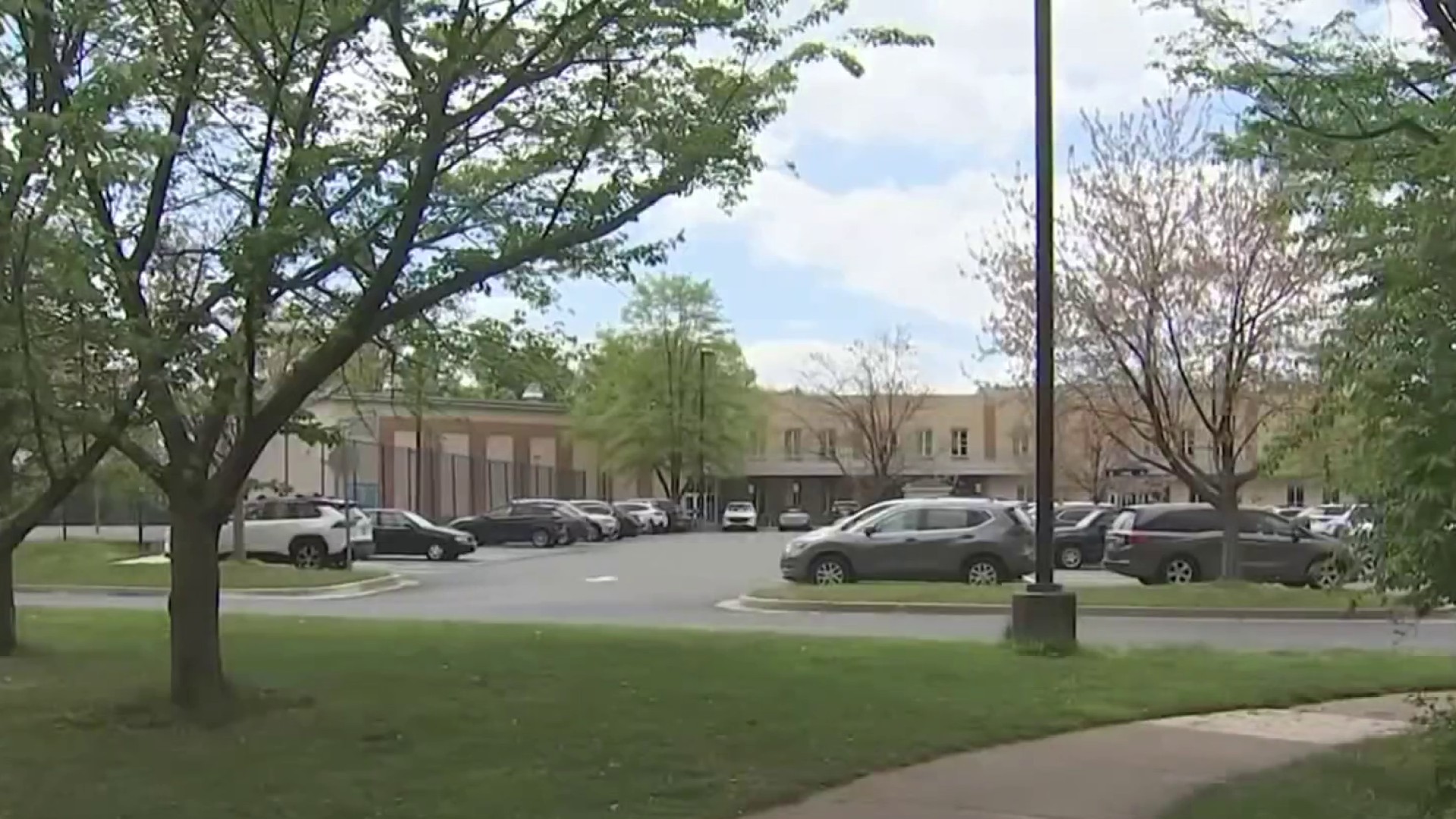The Carnegie Library in downtown Washington is a jewel of a building. Its beaux-arts classical exterior is both elegant and imposing.
Unfortunately, it also is a tarnished jewel. The library, on its awkward site, has resisted many efforts to restore its luster and appeal to the modern world.
Some purists are wincing, but a new plan has emerged.
The private, fee-based International Spy Museum wants to move from its location at 9th and F streets NW. The owners are wrapping up negotiations to move the popular collection of spying and eavesdropping exhibits farther north on 9th to the library at Massachusetts Avenue.
One fan of the library wrote the Notebook a worried email on Monday, saying, “I am not thrilled by the sound of this.”
The private museum would pay to retrofit the building, including a 40,000-square-foot underground space for the spy exhibits. There’d be a cafe and shop, of course, as moneymakers for the museum.
The good news is that the Historical Society of Washington, D.C., won’t be displaced. It has struggled to maintain the building that underwent a major renovation in the early 2000s. But the society’s museum has never attracted a viable audience. It has a lease on the property until 2098.
The society says that 90 percent of its historic collections — which include artworks, documents, maps, objects and more than 100,000 photographs — are stored on-site.
Local
Washington, D.C., Maryland and Virginia local news, events and information
Under the new plan, the society would occupy the main, historic floors of the library (great news, says this Notebook) and even have improved exhibit space.
Ward 2 D.C. Council member Jack Evans says that at this point the Spy Museum idea appears to be the best option. Evans, a candidate for mayor, has supported reviving the building as the city’s central library, with new space similar to what the Spy Museum envisions underground.
“It was at one time the central library and could be again,” Evans told the Notebook. “But it’s not an idea anyone supports but me. We need to do something with that building.”
Architects and others drool over the library’s exterior. But its isolated, island location between Massachusetts and New York avenues makes it difficult to attract passersby.
■ There’s another wrinkle. The expansive grounds of the library are a perfect site for outdoor cafes and music venues. But the park-like setting is controlled by the National Park Service, which will have a say in what is done.
The library is just one of nearly 2,500 libraries financed in the late 1800s and early 1900s by Andrew Carnegie, who believed that education was fundamental to success and advancement among the masses. The Washington library was dedicated in 1903 by President Theodore Roosevelt and Carnegie himself.
There’s an interesting 2006 report for the National Trust for Historic Preservation on the Carnegie library campaign. It was written by Mary B. Dierickx of New York. You can find her interesting slide presentation online (as a PDF) at tinyurl.com/carnegiereport.
■ Minimum wage notes. The race is on to see which D.C. Council members get credit for how much the city will boost the local minimum wage — and how fast it can go into effect.
The council last week failed to override Mayor Vincent Gray’s veto of the $12.50 per hour wage for Walmart and other similar big-box stores. But from the mayor to nearly every council member, there were calls to raise the city’s $8.25 minimum wage.
Some activists, burned on the Walmart vote, believe the city will act quickly to raise the minimum wage in installments to about $10.25. But it won’t happen as fast as some expected.
Right now, the various proposals to raise the wage are being referred to the Workforce and Community Affairs Committee, chaired by Ward 8 member Marion Barry. But Barry was censured for accepting more than $6,000 from two city contractors.
The council also voted to take away Barry’s chairmanship. Council Chairman Phil Mendelson has indicated he’ll propose a reorganization plan to remove Barry and reassign the committee to someone else. Whoever that person is will control the minimum wage debate going forward.
Barbara Lang, the head of the DC Chamber of Commerce, told NBC4 that she expects some type of increase and that her organization will work with the council on the right amount.
Jim Dinegar, who leads the influential Greater Washington Board of Trade, told the Notebook that he’s not opposed to discussing an increase, but warns that his main concern “is to not put the District at a competitive disadvantage in its relation to the region.”
Tom Sherwood, a Southwest resident, is a political reporter for News 4.



